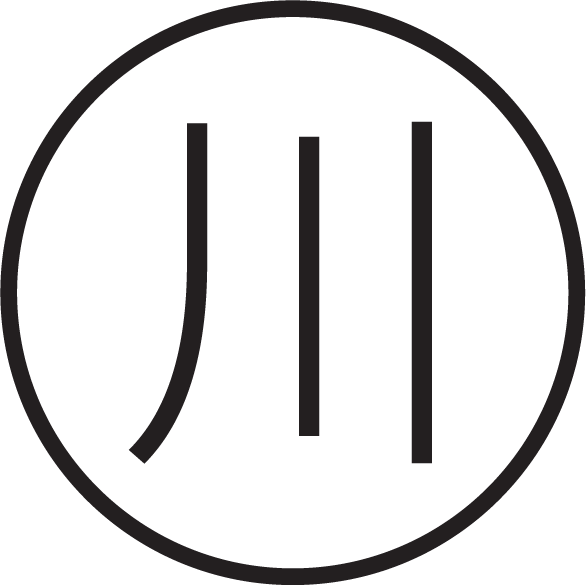Letter from the Editors, Vol. 4 No. 1
We are excited to bring you the fourth volume of The Hundred River Review, NYU Shanghai’s journal of excellent student writing. Each year, we look for exemplary student essays that display the critical and interdisciplinary approach that characterizes NYU Shanghai’s academic mission. This year has presented unique challenges in the wake of COVID-19, both academic and otherwise. These students revised their work while adjusting to online courses, home quarantine, and displacement, but they continued to demonstrate resilience and determination in the face of these challenges. We are impressed not only by their skill, but also by their dedication. It has clearly been worthwhile.
In this issue, students analyze a wide range of topics from the fields of science, social science, and the humanities. Xinyu Wang challenges Karl Popper’s theory of falsification, arriving at the idea that science is a social construct which depends on the cultural environment it exists in. Ryan Hoover deftly unpacks the complexities of Donna Haraway’s Cyborg Manifesto in order to challenge the notion that the internet is an equalizer. Yuxuan Li examines the film Wonder Woman through a feminist lens in order to advocate for a reimagining of iconic feminist superheroes in commercial films. Ellen Ying provides historical context for the changes undergone by the Diagnostic and Statistical Manual of Mental Disorders in the 1960s, thus highlighting the ideological conflicts that influenced this “neutral” scientific text. Yukun Jiang reexamines the achievements of the Qing Dynasty’s educational reform, boldly challenging the historical narrative of his high school textbooks. Leyi Sun performs a rigorous close reading of religion in Dracula to reveal how science and technology influence the way characters believe in God. Lanxin Shi uses Ibsenism in China to examine the complex ways that literature undergoes a metamorphosis from one culture to the next, thus explaining how ideas are developed through a dynamic conversation between these cultures.
Every year, we aim to showcase pieces from the core courses, Writing as Inquiry (I & II) and Perspectives on the Humanities, that can serve as a model for future students. We hope that these essays encourage you to write inquisitively, assert boldly, and inspire you to enrich your own academic work.
Sincerely,
Lore Leupold, Sam Fritsch, and Alice Chuang
The Hundred River Review Editorial Board


Recent Comments